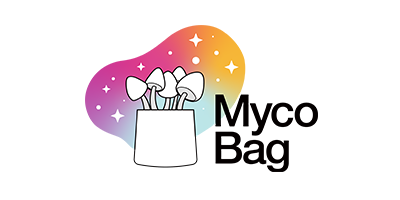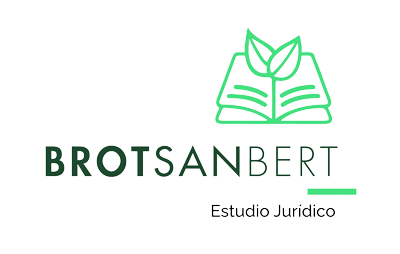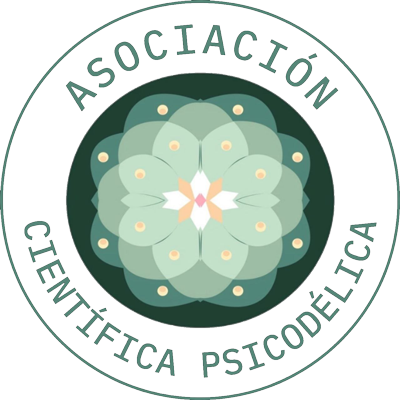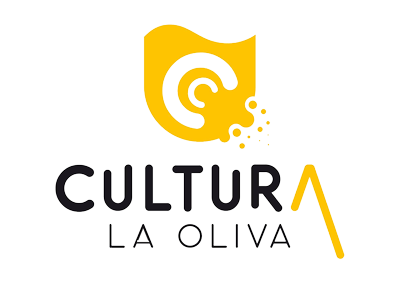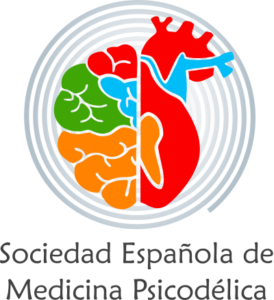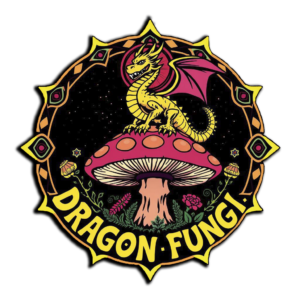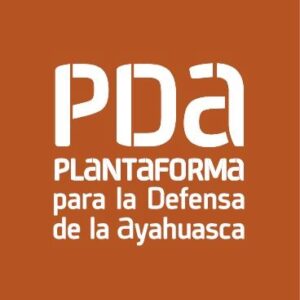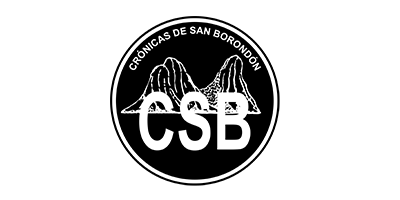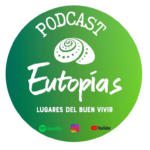Writer and researcher dedicated to studying the psychoactives and defending the right to use them, Ott has died at the age of 76.

Jonathan Ott (Connecticut, 1949), writer, chemist, and ethnopharmacologist dedicated to the study and dissemination of psychoactive species and substances, died last week at the age of 76. Ott passed away at his home in Xalapa, Mexico, on Wednesday, July 2. The causes of his death and the circumstances surrounding it are still unknown.
Jonathan Ott was a disciple of three scientific pioneers who shaped the modern study of drugs: Richard Evans Schultes, founder of ethnobotany; Robert Gordon Wasson, pioneer of ethnomycology; and Albert Hofmann, the chemist who discovered LSD. Under their influence, Ott’s research—transdisciplinary and ambitious—resulted in encyclopedic works reminiscent of his mentors’ era. Ott appeared to be the last scholar of psychoactive substances with such a character, following the deaths in recent years of other major contemporary researchers like Alexander Shulgin, Christian Rätsch, and Antonio Escohotado.
His best-known works include Pharmacotheon, Pharmacophilia, and Ayahuasca Analogues. But Ott wrote much more. He collaborated on several books with his mentors to compile ethnobotanical knowledge of psychoactives. He also developed publications to help identify and cultivate psychoactive plants in North America and Europe, being a committed pioneer in spreading this knowledge with the goal of making psychedelic experiences accessible to everyone. He is also remembered for helping coin the term “entheogen” (etymologically “to become a god within” or “to induce an inner state of inspiration”) to refer to visionary drugs used in traditional rites or other substances that induce similar altered states.
A couple of years before his death, Ott revealed that he had finished writing a book on literary inspiration, partly autobiographical, titled Mute Words. He also expressed his intention to resume a half-finished project on the literary creation of addicts and alcoholics, Pharmacomania or Mr. Jekyll and Dr. Hyde, to complete a trilogy along with his well-known Pharmacotheon and Pharmacophilia. Also pending is the Spanish translation of one of his last books, Shamanic Snuffs, dedicated to shamanic rapés, which Ott said was already translated and awaiting publication.
His writings were also published in the form of articles in scientific or popular science magazines. In Spain, where he had friends and collaborators, he published for several years in the magazines Cáñamo and Ulises. From Fuertedélica, we want to express our deep gratitude for Jonathan Ott’s immense work in the study and dissemination of psychoactive substances, and his tireless dedication to defending the free use of these substances.
[This article will be updated if new details emerge regarding Jonathan Ott’s death.]
Get your ticket for Fuertedélica now and secure your spot at this year’s psychedelic congress. Don’t miss out!

